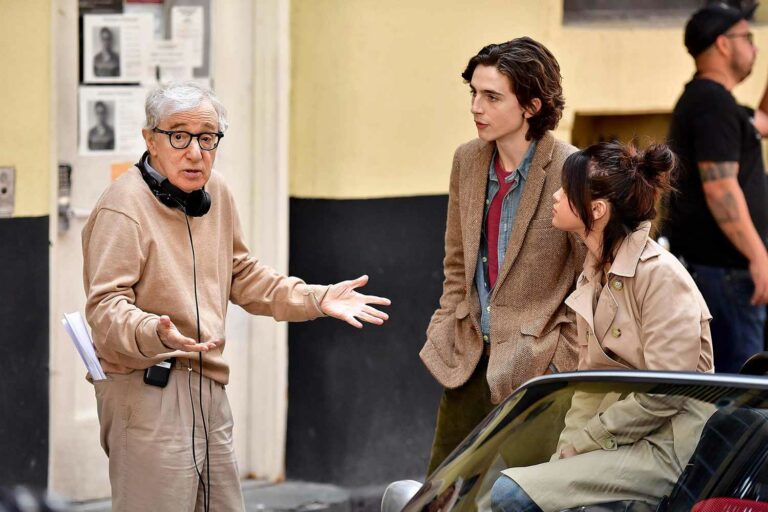Hollywood is no stranger to controversy, and the clash between legendary filmmaker Woody Allen and rising star Timothée Chalamet is a poignant illustration of the tension between past and present cinematic worlds. This discord surfaced around Allen’s film, A Rainy Day in New York, amid the heated atmosphere of the #MeToo movement.
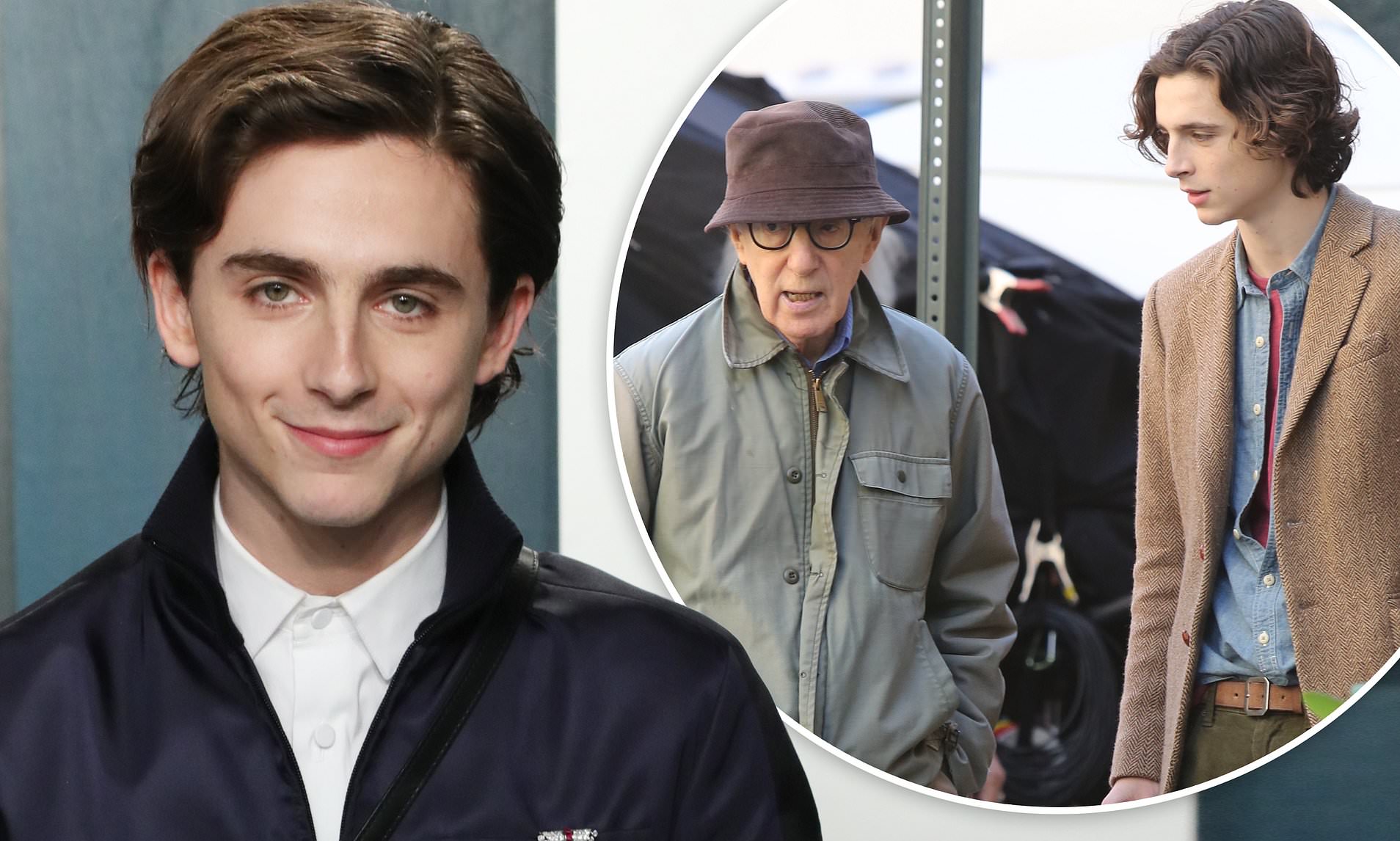
The Spark That Lit the Controversy
In A Rainy Day in New York, Timothée Chalamet, along with co-stars Selena Gomez and Elle Fanning, played significant roles. However, the spotlight on this ensemble cast soon shifted towards the resurfacing of past sexual abuse allegations against Woody Allen, particularly involving his and Mia Farrow’s daughter, Dylan Farrow, allegations that first emerged in 1992 and denied by Allen.
The renewed interest in these allegations during the #MeToo era prompted Chalamet to distance himself from the director. In a gesture that caught the public’s eye, Chalamet announced he would donate his entire salary from the film to charities including Time’s Up, the LGBT Centre in New York, and RAINN (Rape, Abuse & Incest National Network). He expressed this decision through an Instagram post, highlighting his unwillingness to profit from the project and demonstrating his support for the victims of sexual abuse.
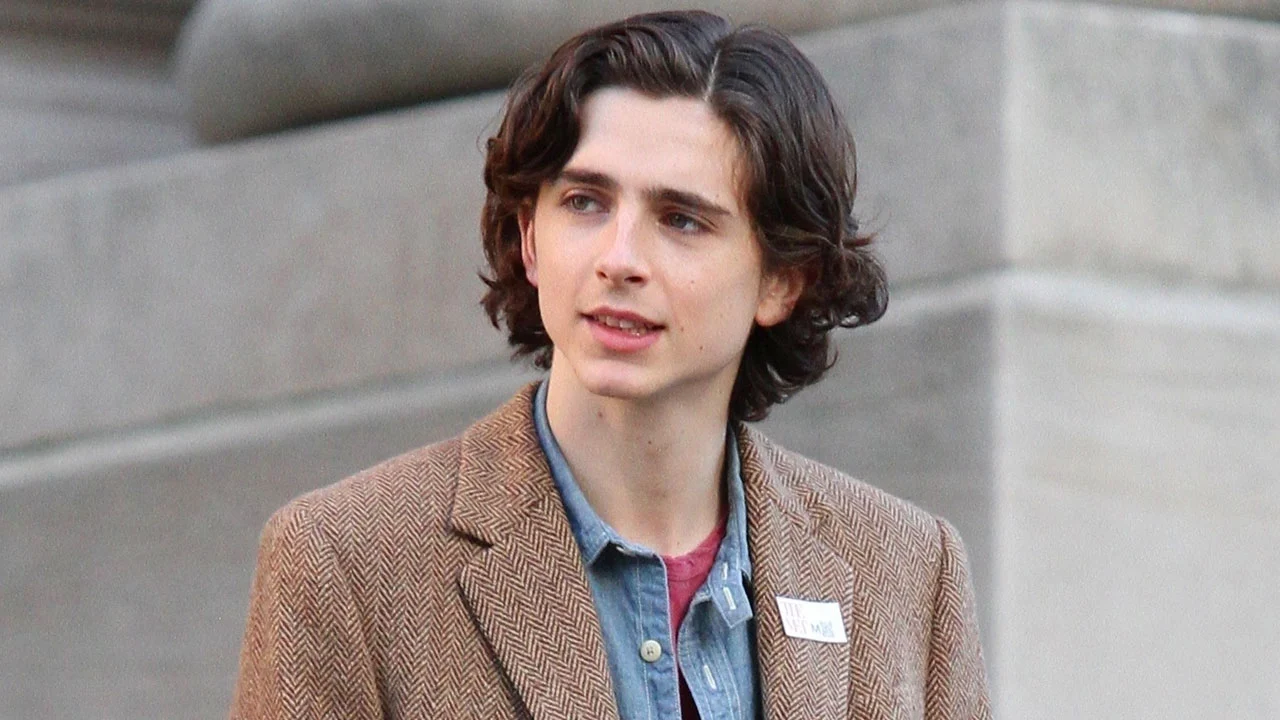
Allen’s Counterclaim: A Strategic PR Move?
Woody Allen’s response to Chalamet’s actions provides a deeper look into the complexities of Hollywood’s award season politics. In his memoir, Apropos of Nothing, Allen suggested that Chalamet’s public denunciation was not solely a moral stance but a calculated move to boost his chances at the Oscars, where he was a nominee for Best Actor for his role in Call Me by Your Name. Allen cited conversations with his sister and statements from Chalamet’s agent to bolster his claim, insinuating that the denouncement was advised as a strategy to garner favor amid the actor’s Oscar campaign.
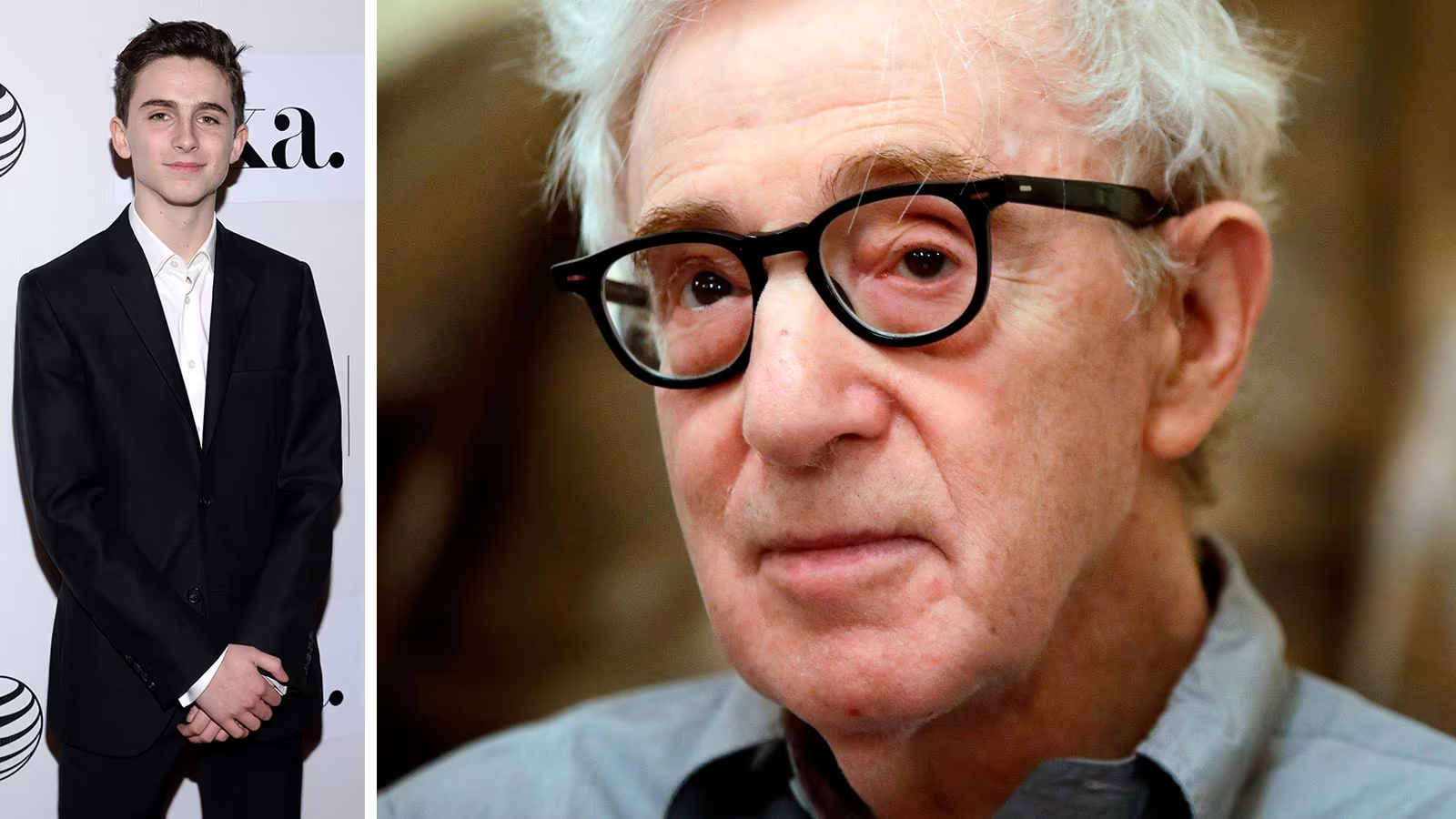
Timothée afterward publicly stated he regretted working with me and was giving the money to charity, but he swore to my sister he needed to do that as he was up for an Oscar for Call Me by Your Name, and he and his agent felt he had a better chance of winning if he denounced me, so he did.
Hollywood’s Polarized Reaction
The allegations against Allen have always elicited polarized responses from the film industry. Following Dylan Farrow’s op-ed in the Los Angeles Times questioning why Allen had been spared by the #MeToo movement, several actors publicly distanced themselves from the director, with some, like Chalamet, Gomez, and Hall, taking tangible steps such as donating their salaries.
In contrast, Allen’s book expresses frustration over what he perceives as a lack of due diligence by those who denounced him. He argues that a blanket policy of believing the accuser without scrutinizing the facts does a disservice to the truth, emphasizing that many did not look into the details of the case before forming their opinions.
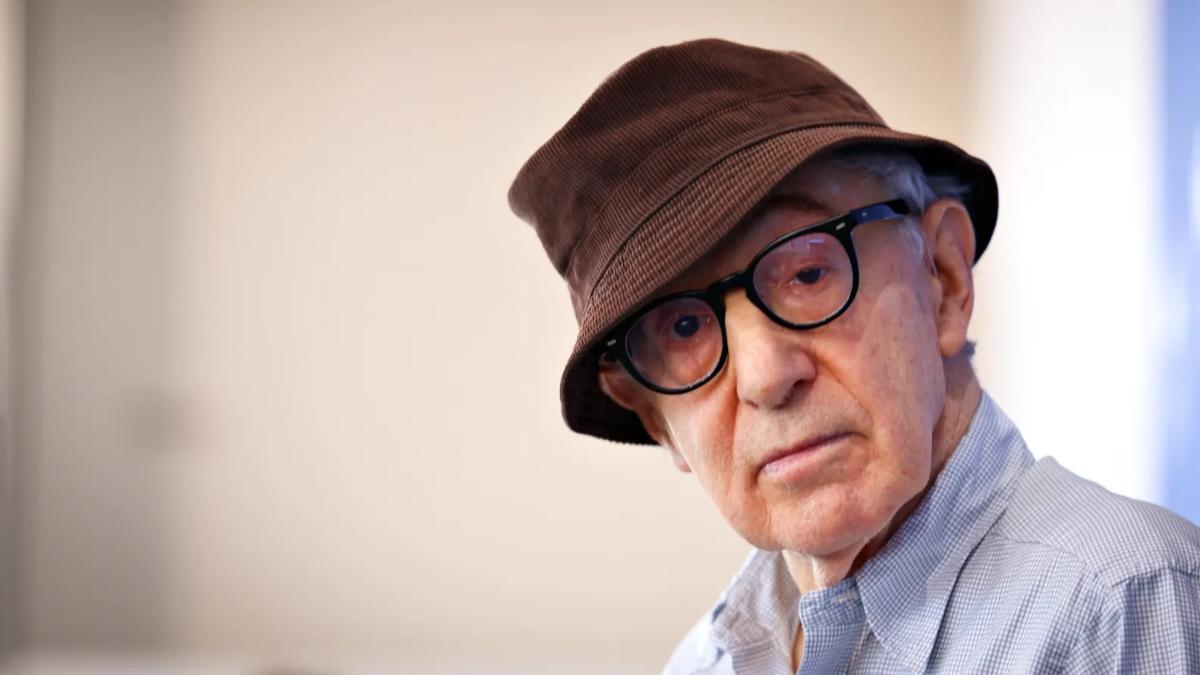
The fact these actors and actresses never looked into the details of the case (they couldn’t have and come to their conclusion with such certainty) did not stop them from speaking out publicly with dogged conviction. Some said it was now their policy to always believe the woman. I would hope most thinking people reject such simple-mindedness.
A Continued Divide in Hollywood
The split in Hollywood regarding Allen’s guilt or innocence remains, reflecting broader societal debates about accountability, victim advocacy, and the repercussions of the #MeToo movement. The release of the HBO series Allen v. Farrow has also contributed to the ongoing discussion, with new audiences examining the intricacies of the allegations and forming their own opinions.
In summary, the saga of Woody Allen and Timothée Chalamet is more than just a story about an individual controversy—it’s a narrative that reflects the evolving standards and practices of Hollywood in the face of societal shifts. As the industry grapples with these issues, the perspectives and actions of its figures under scrutiny will continue to provoke debate and, possibly, drive change.
